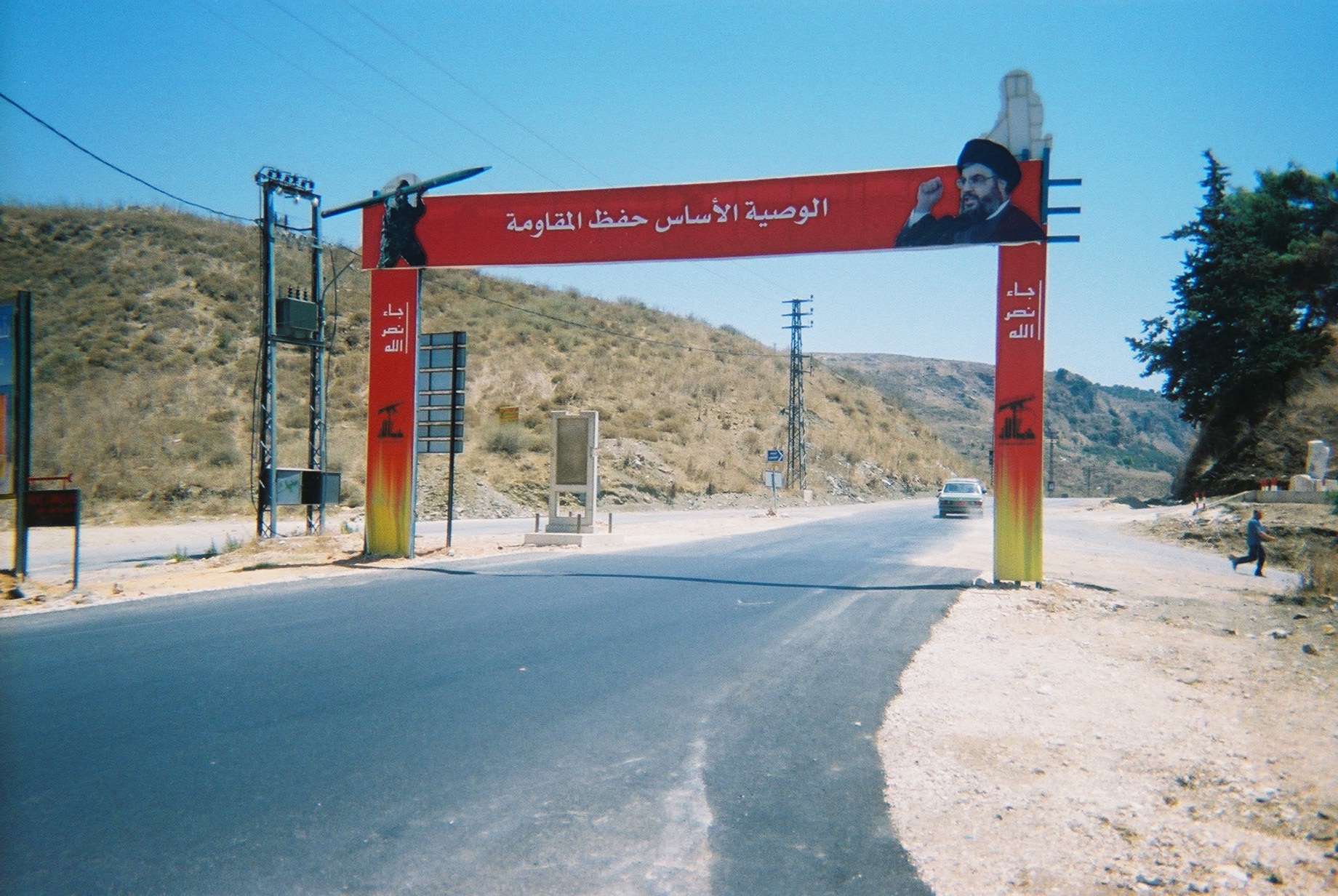Civilization
War With Hezbollah Is Inevitable

Since Oct. 7, the Biden administration has been preoccupied, above all, with preventing the Gaza war from spreading to the north and escalating into a no-holds-barred war with Hezbollah.
Who would want a war with Hezbollah …
There’s ample reason for the administration’s concern: a full-fledged war between Israel and Iran’s largest proxy can bring the administration’s whole Middle East policy tumbling down, since it will force the White House to make a public choice: It will have to abandon its quest for accommodation with Iran, and take a clear pro-Israeli stand, or else risk exposing the price that its Iran policy always entailed – exposing Israel to existential danger while simultaneously alienating America’s Arab allies who fear Iranian regional hegemony.
But preventing a war between Israel and Hezbollah will prove harder than the administration realizes. Many tens of thousands of Israelis have been displaced from their homes in the north, and they will not return as long as Hezbollah can fire at them at will.
Moreover, Israel has glimpsed the possibility of another Holocaust. Though Hamas is incapable of fulfilling its genocidal aspirations, Iran may well be, and Hezbollah is a crucial part of Tehran’s plans. In the long run, Israel simply cannot tolerate such a malignant and formidable enemy on its doorstep.
Many Israelis now speak of the war in Gaza as our second War of Independence. That analogy is imperfect. A better analogy is the Suez-Sinai War of 1956.
Recalling the First Arab-Israeli War (1956)
The Suez-Sinai War came on the heels of a deal known as the Czech Arms Deal that Gamal Abdel Nasser, Egypt’s charismatic leader, concluded with the Soviets in 1955. Nasser aspired to unite the Arab world under his leadership and then mobilize a pan-Arab army to destroy the Jewish state. The arms deal tipped the military balance in Egypt’s favor. Israel realized it would have to strike before Nasser would be able to tie a noose all around it.
Opportunity came after Nasser nationalized the Suez Channel. Britain, France, and Israel conspired to initiate a war designed to restore European control of the channel. It failed to do so, not least because President Eisenhower forced the conspirators to restore the status quo. But it resulted in a major gain for Israel: a devastating blow to the Egyptian army.
But that was just a first step. Cutting Nasser’s noose required three more wars and a political sea change: the 1967 Six Days War, the 1970 War of Attrition, and the 1973 Yom Kippur War. Only with the signing of the Camp David Accords in 1978, 23 years after the 1955 Czech deal, did Egypt abandon its plan to strangle Israel.
Iran is the modern Egypt
We now face an Iranian noose similar to Nasser’s. “We are engaged in a struggle for our survival,” said Prime Minister Benjamin Netanyahu in the Knesset on June 24. “The struggle is taking place on seven fronts [and] is led by Iran.”
Apart from Hezbollah in the north and Gaza in the south, there are Shiite militias in Syria and West Iraq backed by Iran’s Islamic Revolutionary Guards Corps, Hamas forces in the West Bank, the Houthis down south at the straits of the Red Sea, and Iran itself. We cannot tell how many wars it will take to destroy this noose – this “ring of fire,” as the Iranians call it – but we may well be facing a decade of armed struggle with Iran and its proxies.
We have come to see that war with Hezbollah is inevitable. We know, too, that it is bound to be the most devastating war yet in terms of loss of Israeli lives and that it would be very difficult to wage it against American resistance. Difficult, but not impossible.
War with Hezbollah harder not to wage, than to wage
Not waging it, however, will be harder for Israel’s leadership – whoever that may be. The war may be delayed, but no Israeli government can leave the north of the country deserted forever. “Diplomatic solutions” and “international guarantees” are not likely to work since people will vote with their feet. They will probably not return home if they feel their children will face the danger of horrors the likes of which we saw on Oct. 7.
Israel’s government will probably use the diplomacy to buy time to prepare for the coming war. Since the 1956 war and its aftermath, Israel cannot sit idly by and wait for a noose – which may soon be backed up by nuclear weapons – to be tightened around our neck. That is what “Never Again!” now means.
A war with Hezbollah will not be the tail end of the Gaza war, as the administration seems to frame it. It is rather the next step in an inevitable showdown with Iran. The United States does not have to send its troops to fight it. But it would do well to look Middle Eastern realities in the eye. Doing so may lead it to accede to Netanyahu’s Churchillian request: Give us the tools, and we’ll finish the job. For your sake, not just ours.
This article was originally published by RealClearPolitics and made available via RealClearWire.
Gadi Taub is an op-ed columnist for Haaretz and a regular contributor on politics and culture on Israeli radio and television. He is known in Israel for his criticism of postmodernism and post-Zionism, ever since the publication of his bestselling A Dispirited Rebellion: Essays onContemporary Israeli Culture.
-

 Accountability3 days ago
Accountability3 days agoWaste of the Day: Principal Bought Lobster with School Funds
-

 Executive1 day ago
Executive1 day agoHow Relaxed COVID-Era Rules Fueled Minnesota’s Biggest Scam
-

 Civilization9 hours ago
Civilization9 hours agoWhy Europe Shouldn’t Be Upset at Trump’s Venezuelan Actions
-

 Constitution2 days ago
Constitution2 days agoTrump, Canada, and the Constitutional Problem Beneath the Bridge
-

 Civilization1 day ago
Civilization1 day agoThe End of Purple States and Competitive Districts
-

 Christianity Today9 hours ago
Christianity Today9 hours agoSurprising Revival: Gen Z Men & Highly Educated Lead Return to Religion
-

 Civilization5 days ago
Civilization5 days agoThe devil is in the details
-

 Executive21 hours ago
Executive21 hours agoWaste of the Day: Can You Hear Me Now?












